Summaries of books about Economics:
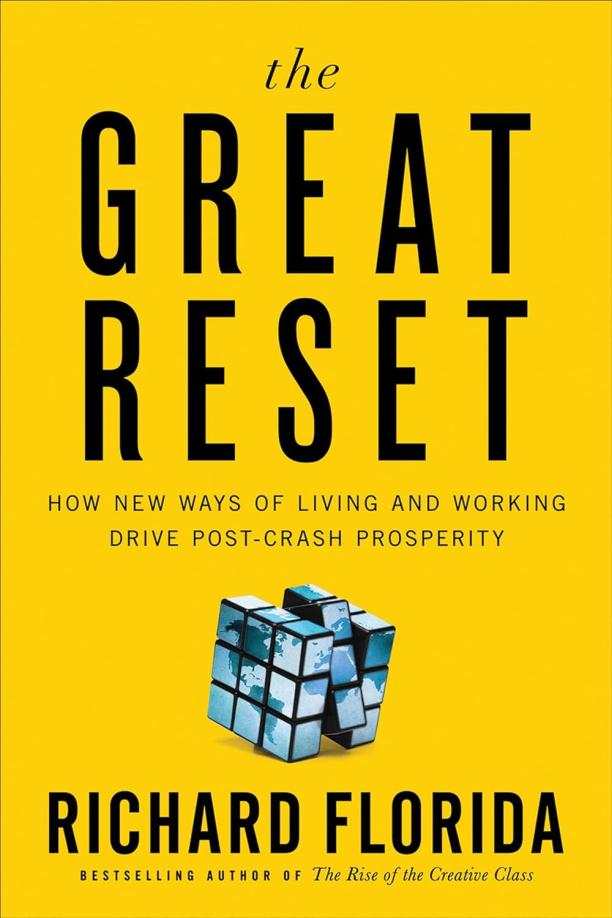
The Great Reset
How New Ways of Living and Working Drive Post-Crash Prosperity
Richard Florida
The book explores the societal shifts and economic transformations following the 2008 financial crisis, advocating for a reimagining of our systems to foster a more equitable and sustainable future. It discusses the role of creativity, innovation, and a new class of workers in driving recovery and long-term prosperity.
See full summary
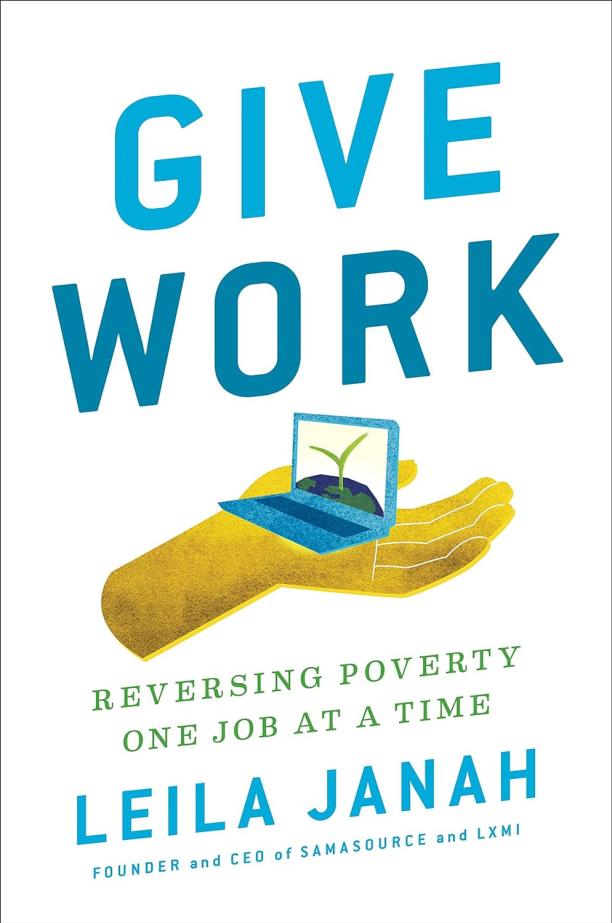
Give Work
Reversing Poverty One Job at a Time
Leila Janah
The book advocates for a sustainable solution to global poverty through job creation rather than traditional aid. It shares the author's experiences and insights from founding Samasource, a social enterprise that outsources digital work to impoverished individuals, demonstrating the transformative power of giving work to lift communities out of poverty.
See full summary
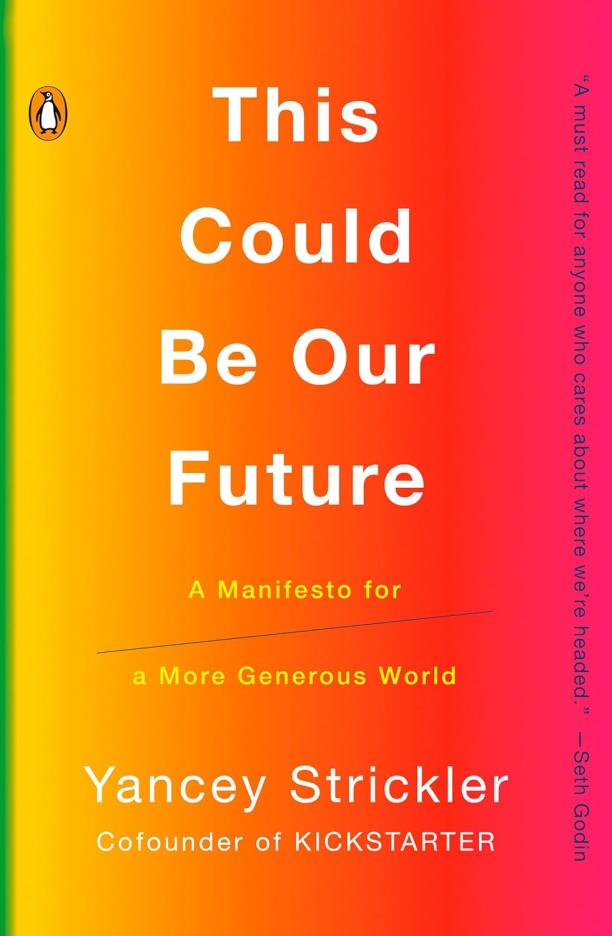
This Could Be Our Future
A Manifesto for a More Generous World
Yancey Strickler
The book presents a critique of a society driven by a profit-centric value system and proposes an alternative framework based on maximizing community, creativity, and shared values. It argues for a shift from a world focused on financial wealth to one that prioritizes balance, future generations, and the common good.
See full summary
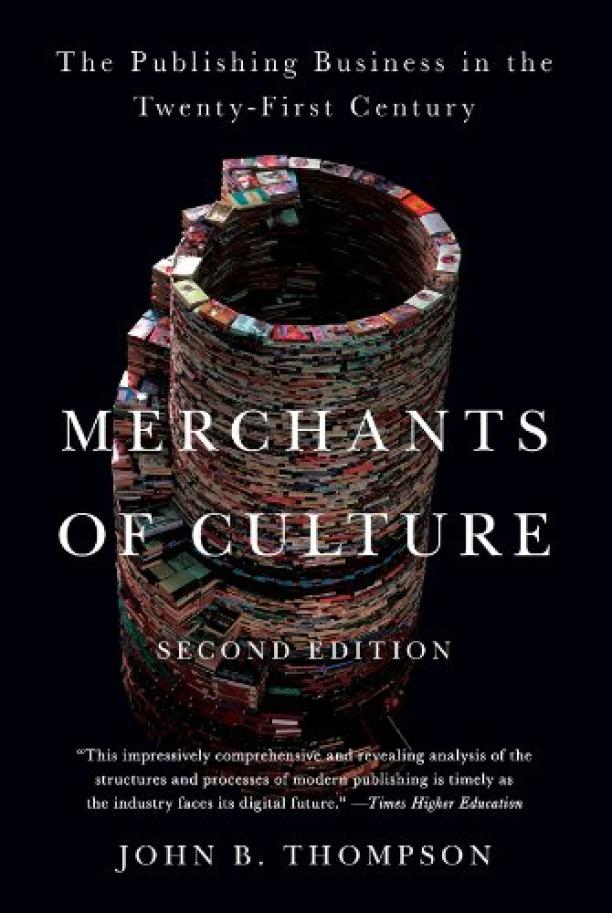
Merchants of Culture
The Publishing Business in the Twenty-First Century
John B. Thompson
The book delves into the intricate workings of the contemporary book publishing industry, exploring the challenges and transformations faced by publishers, authors, and agents in the digital age. It provides an in-depth analysis of the economic and cultural forces shaping the production, distribution, and consumption of literature in the modern marketplace.
See full summary
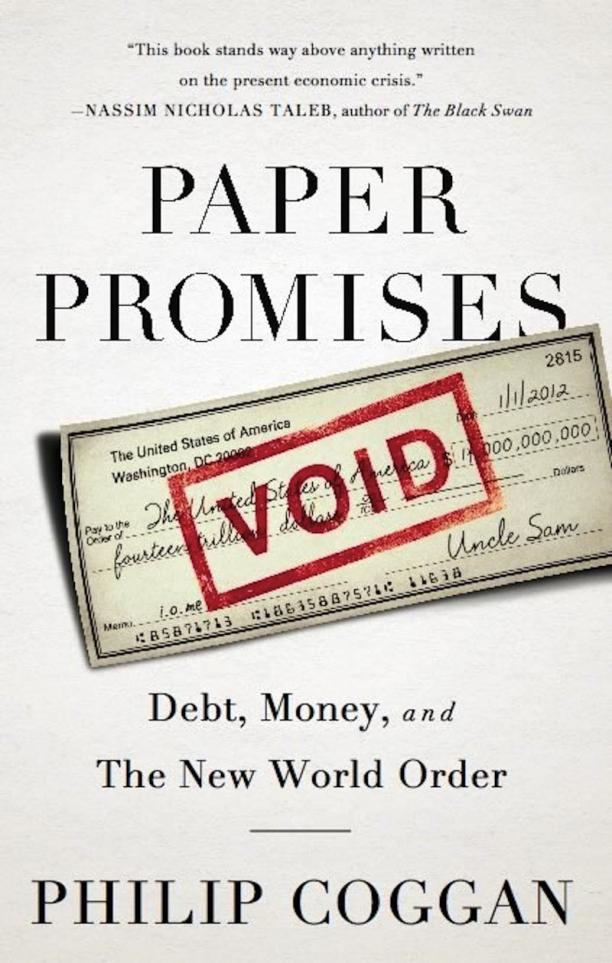
Paper Promises
Debt, Money, and the New World Order
Philip Coggan
The book explores the history and evolution of money and debt, examining the role they play in global economic systems and the potential instability they can cause. It delves into the challenges of the modern financial world, including the sustainability of national debts and the shifting balance of power as emerging markets rise.
See full summary
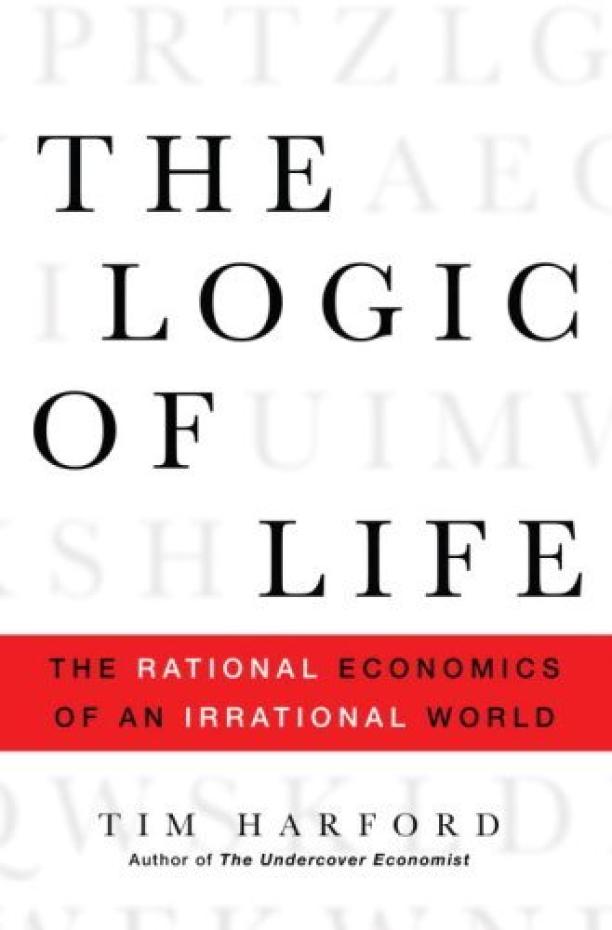
The Logic of Life
The Rational Economics of an Irrational World
Tim Harford
The book explores how rational economic principles can explain seemingly irrational human behaviors, delving into topics such as crime rates, office politics, and personal relationships. It argues that even the most complex and emotional aspects of life can be understood through the lens of logic and incentives.
See full summary
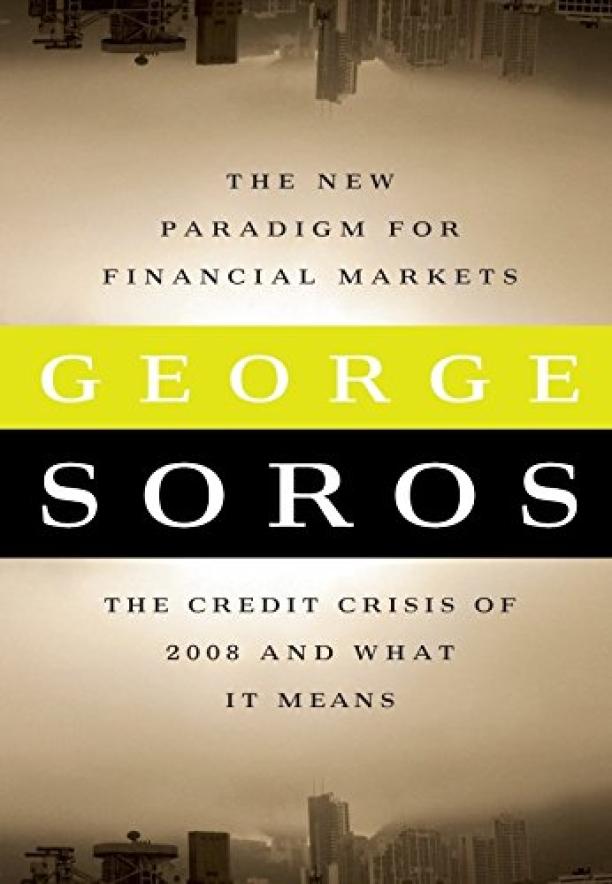
The New Paradigm for Financial Markets
The Credit Crisis of 2008 and What It Means
George Soros
The book presents George Soros's analysis of the financial crisis of 2008, attributing it to the inherent instability of financial markets due to the flawed principles of market fundamentalism. Soros introduces his theory of reflexivity, which explains how market participants' biases and misconceptions can lead to boom-bust cycles and financial crises.
See full summary
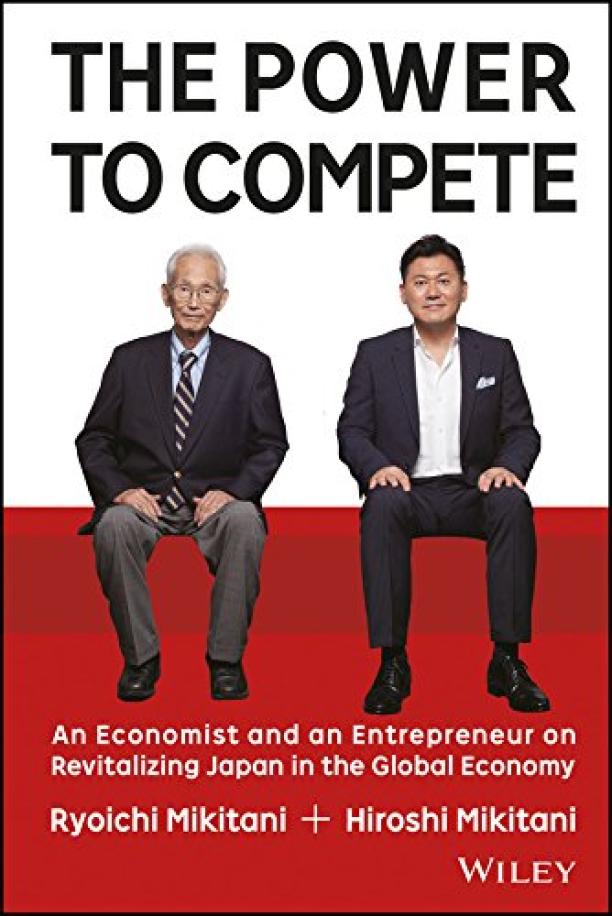
The Power to Compete
An Economist and an Entrepreneur on Revitalizing Japan in the Global Economy
Hiroshi Mikitani|Ryoichi Mikitani
The book presents a dialogue between a father, an economist, and his son, an entrepreneur, discussing the challenges facing Japan's economy, including its lack of innovation and global competitiveness. They propose solutions to revitalize Japan's economic standing through embracing new technologies, deregulation, and fostering entrepreneurship.
See full summary
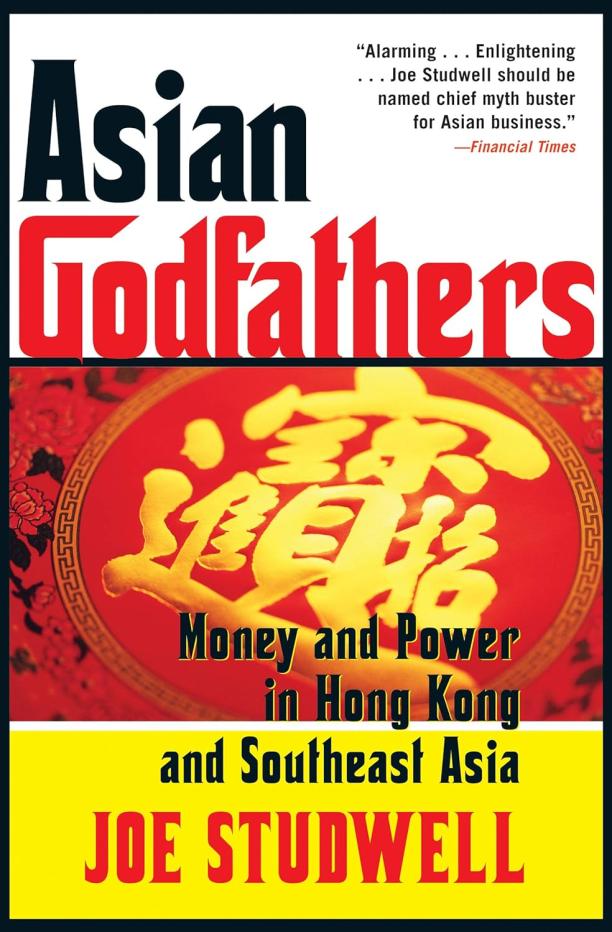
Asian Godfathers
Money and Power in Hong Kong and Southeast Asia
Joe Studwell
The book examines the lives and business practices of wealthy tycoons in Hong Kong and Southeast Asia, revealing how they have amassed their fortunes and maintained their power through political connections, family ties, and a complex web of patronage. It provides an in-depth analysis of the economic and social structures that have allowed these individuals to thrive in a region characterized by a mix of free-market capitalism and cronyism.
See full summary
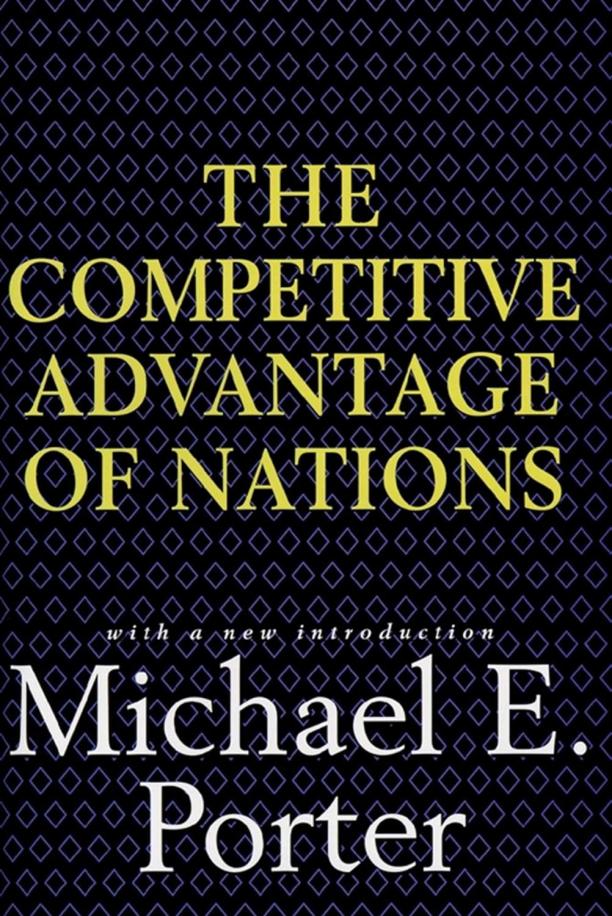
Competitive Advantage of Nations
Creating and Sustaining Superior Performance
Michael E. Porter
The book introduces the concept of national competitive advantage, explaining how countries can create and sustain economic prosperity through innovative industry practices and robust local business environments. It outlines the "diamond" framework, which consists of four interrelated determinants—factor conditions, demand conditions, related and supporting industries, and firm strategy, structure, and rivalry—that shape the competitive advantage of nations.
See full summary